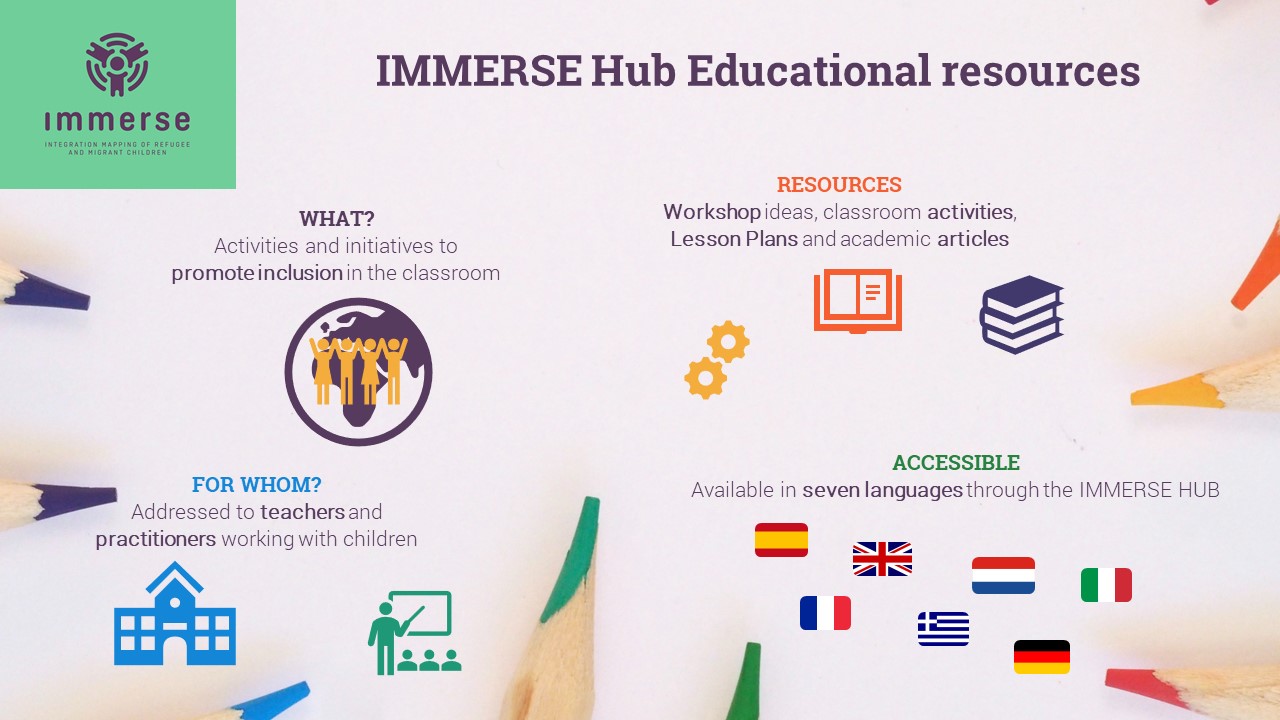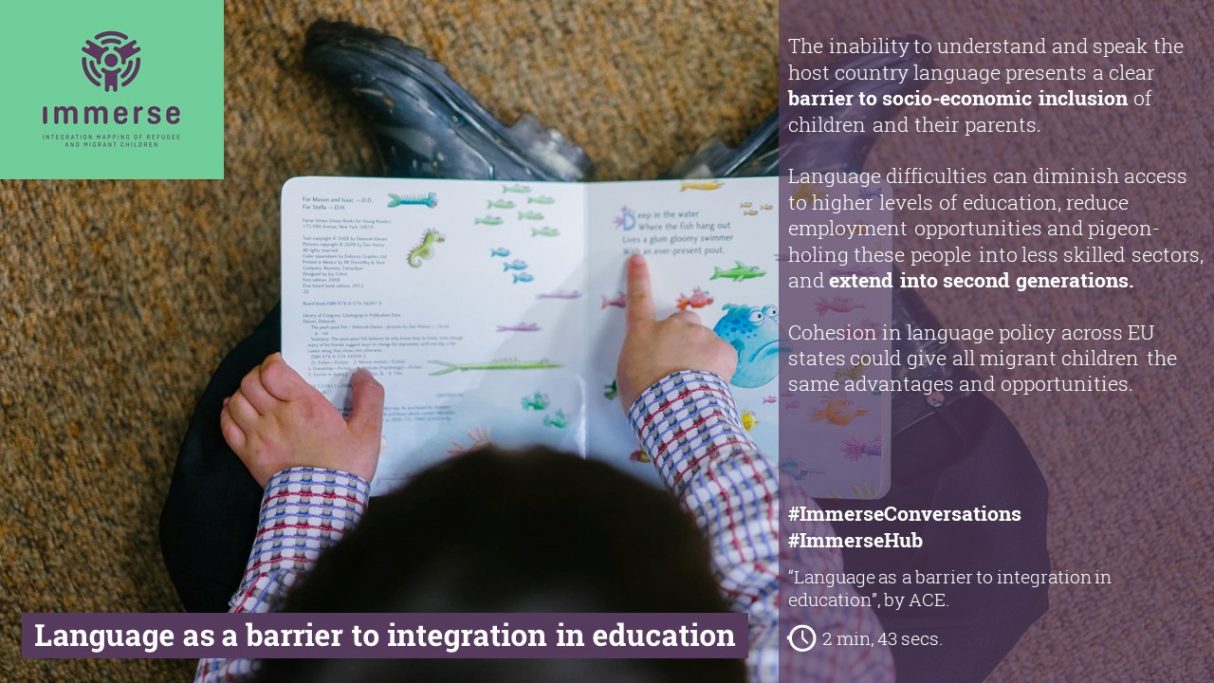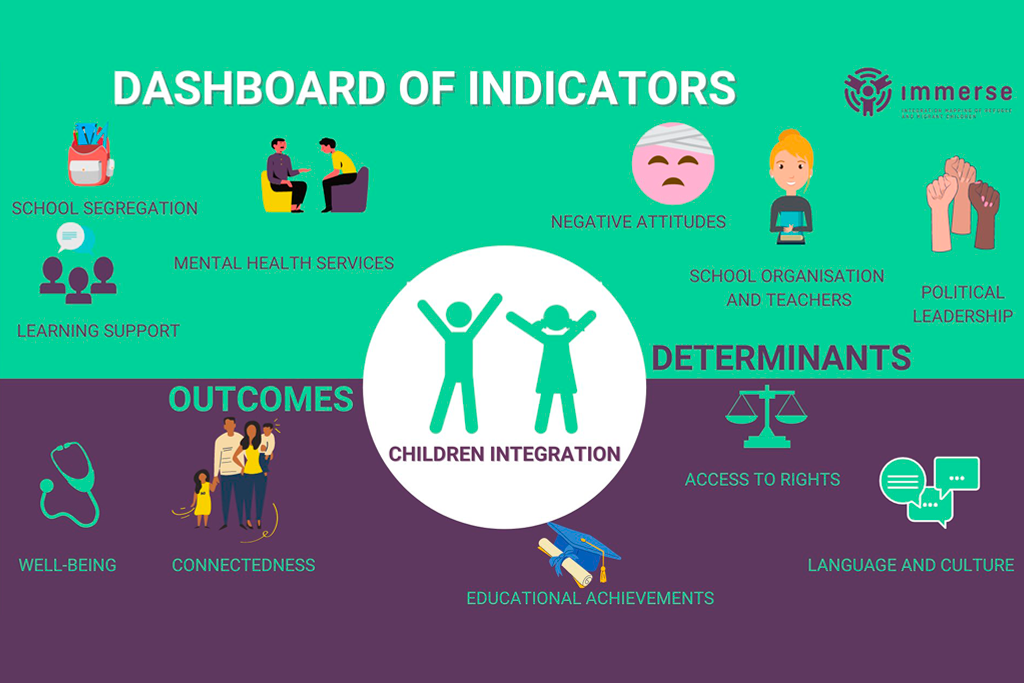Teacher Education in the Immigration Society. Equipping for the Normal Practice of Diversity. Policy Brief of the SVR (Expert Council of German Foundations for Integration and Migration) Research Unit and the Mercator Institute for Language Support and German as a Second Language, funded by Foundation Mercator: 2016-4.
Description
Despite the political commitment of the federal states, the reality of working in multilingual and culturally diverse classrooms continues to play only a secondary role in teacher education and training. This policy brief argues for improved, robust, and transparent teacher education on all levels in all federal states of Germany.
- Children maintain their cultural identity while adopting new cultural values and intercultural competences
- Children's competence in host language
- Institutions
- Teachers



